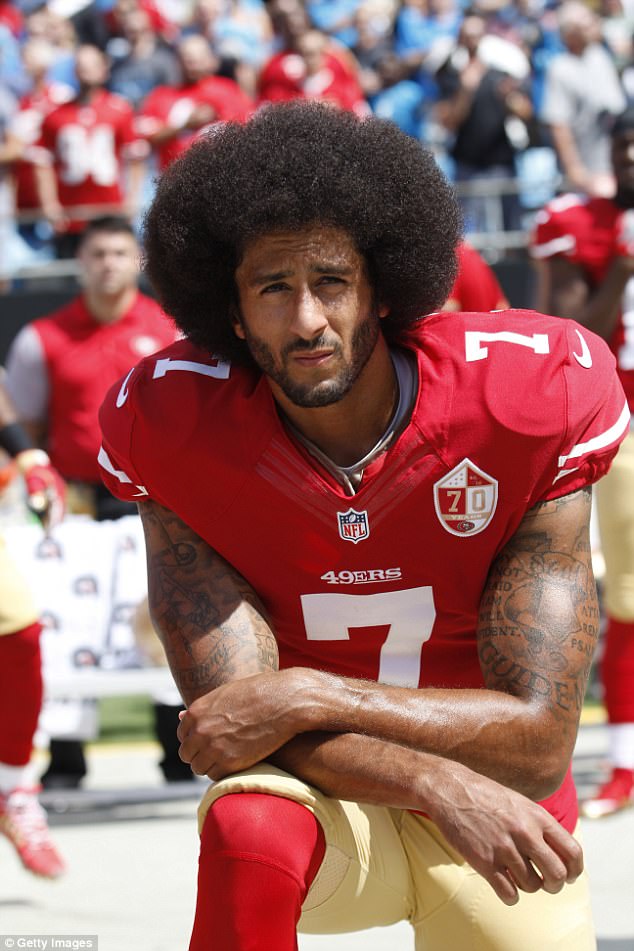In today’s society, the intersection of sports and politics has become increasingly prominent. One athlete who has been at the center of this intersection is Colin Kaepernick, a former NFL quarterback who sparked controversy with his decision to kneel during the national anthem in protest of racial injustice and police brutality. This action not only ignited a nationwide debate but also brought attention to the Anti-Racism Industry, a movement focused on combating systemic racism in various sectors of society.
The Origins of the Anti-Racism Industry
The Anti-Racism Industry is a multifaceted movement that aims to address and eradicate racism through education, advocacy, and policy reform. The roots of this industry can be traced back to the civil rights movement of the 1960s, which laid the groundwork for addressing racial inequality in the United States. Over the years, various organizations, activists, and scholars have contributed to the development of this industry, creating a network of resources and initiatives focused on promoting racial equity and social justice.
Colin Kaepernick’s Impact on the Anti-Racism Movement
When Colin Kaepernick took a knee during the national anthem, he not only drew attention to the issue of police brutality but also became a symbol of resistance against racial oppression. His actions sparked a wave of protests and demonstrations across the country, with many athletes, activists, and ordinary citizens joining in solidarity with his cause. As a result, Kaepernick’s influence extended beyond the realm of sports, inspiring a new generation of advocates and fueling the momentum of the Anti-Racism Industry.
The Role of Athletes in Social Activism
Athletes have long been seen as cultural influencers with the power to effect change both on and off the field. In recent years, many athletes have used their platform to speak out against social injustices, including racism, sexism, and homophobia. By leveraging their fame and visibility, athletes have been able to amplify marginalized voices, raise awareness about important issues, and advocate for policy reform. This intersection of sports and activism has redefined the role of athletes in society, transforming them into agents of social change.
Building a More Inclusive Society
The Anti-Racism Industry seeks to create a more inclusive and equitable society by challenging discriminatory practices and advocating for reform in key institutions. Through education, awareness-raising, and policy advocacy, this movement aims to dismantle systems of oppression and promote diversity, equity, and inclusion. By engaging in dialogue, allyship, and solidarity, individuals can contribute to the ongoing work of building a society that values and respects all its members, regardless of their race, ethnicity, or background.
The Future of Anti-Racism Activism
The Anti-Racism Industry continues to evolve and adapt to the changing landscape of social justice movements. As new challenges and opportunities arise, activists and advocates must remain vigilant in their efforts to combat racism and inequality. By working together and mobilizing resources, the Anti-Racism Industry can make meaningful progress towards a more just and equitable society for all. Through collective action and sustained commitment, we can build a future where racism no longer dictates our social, political, and economic relationships.

